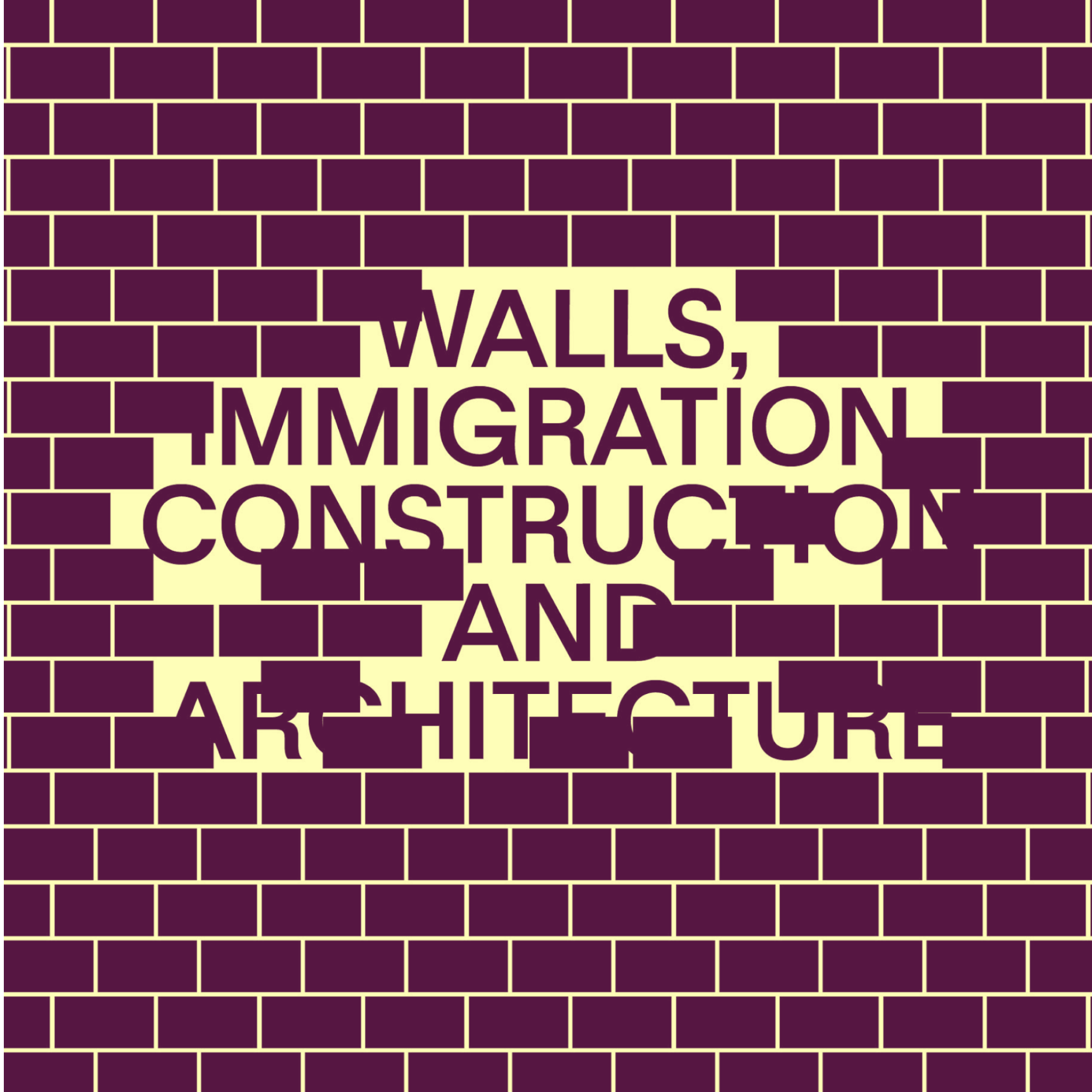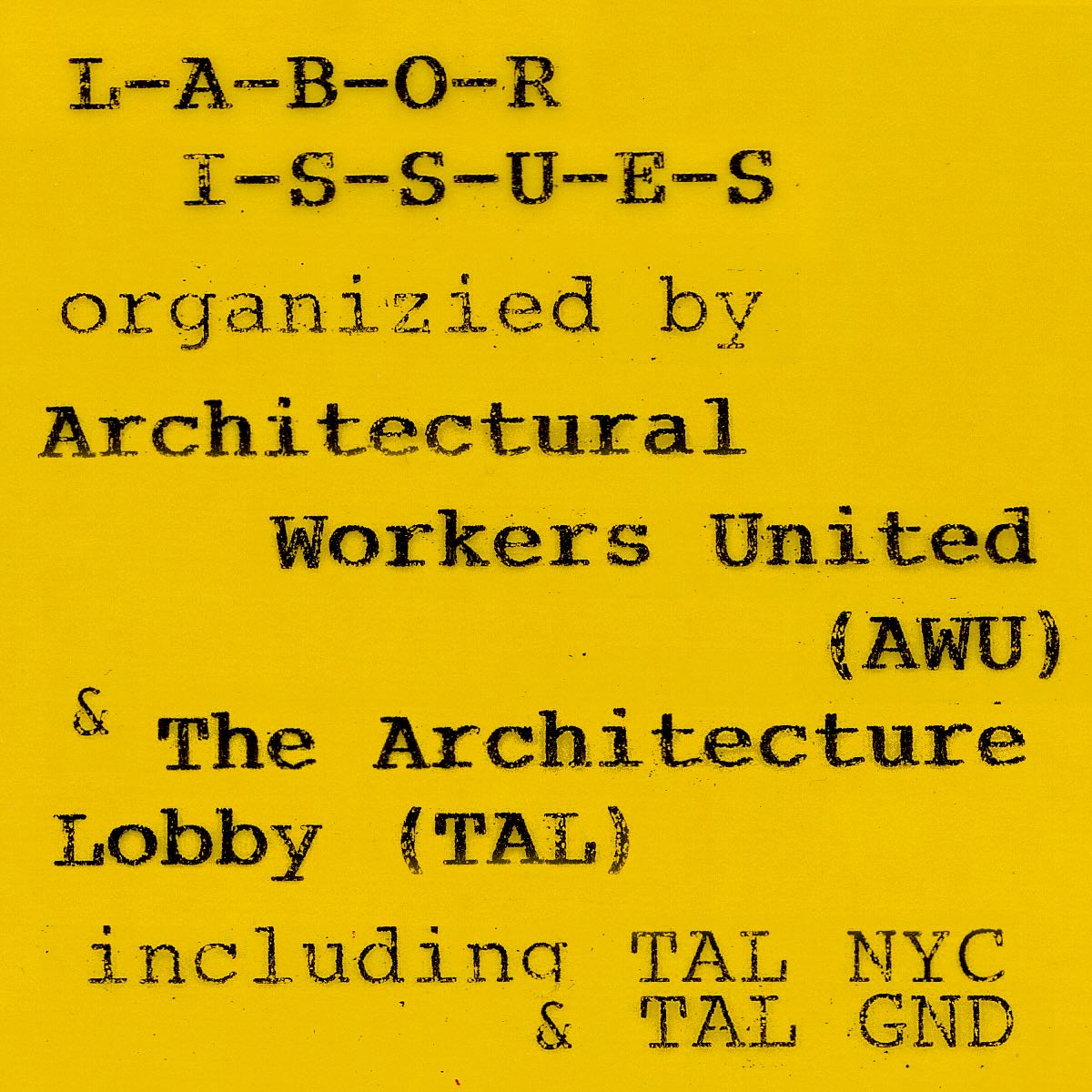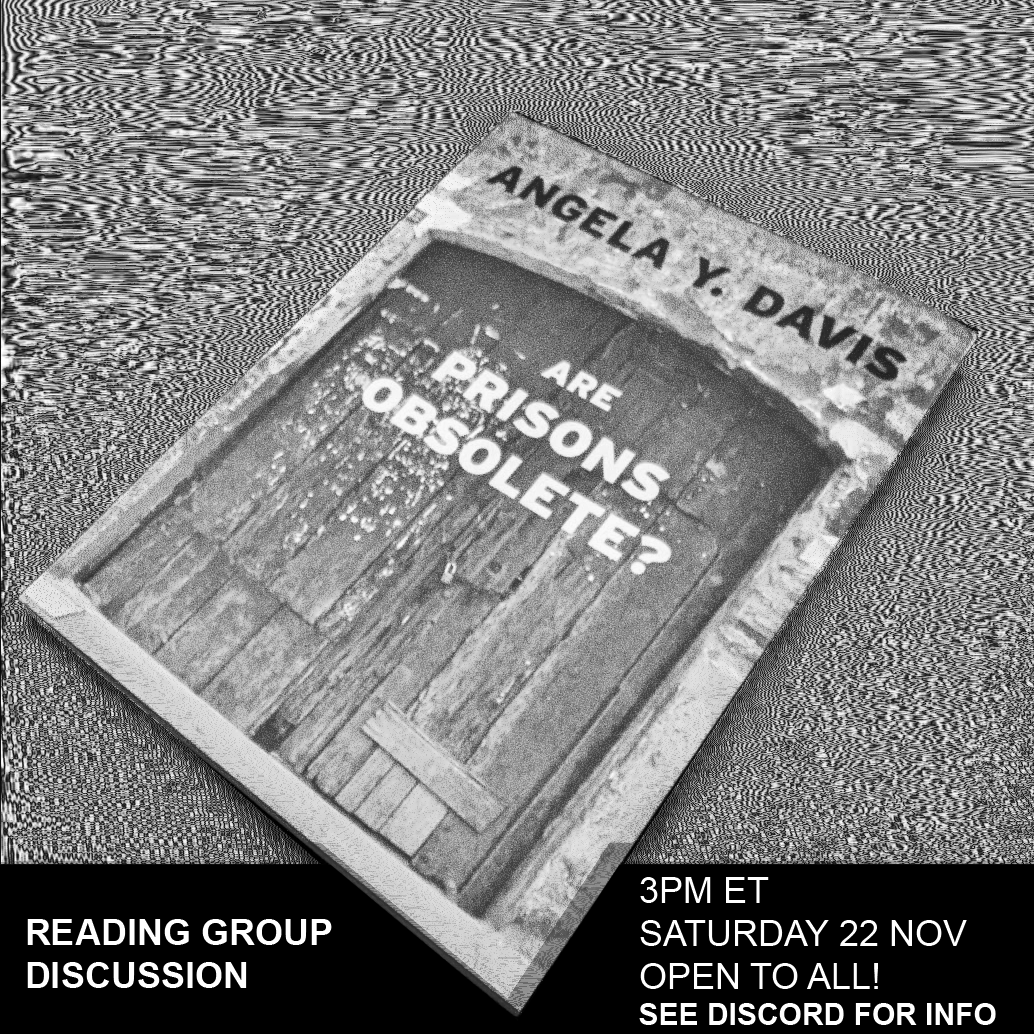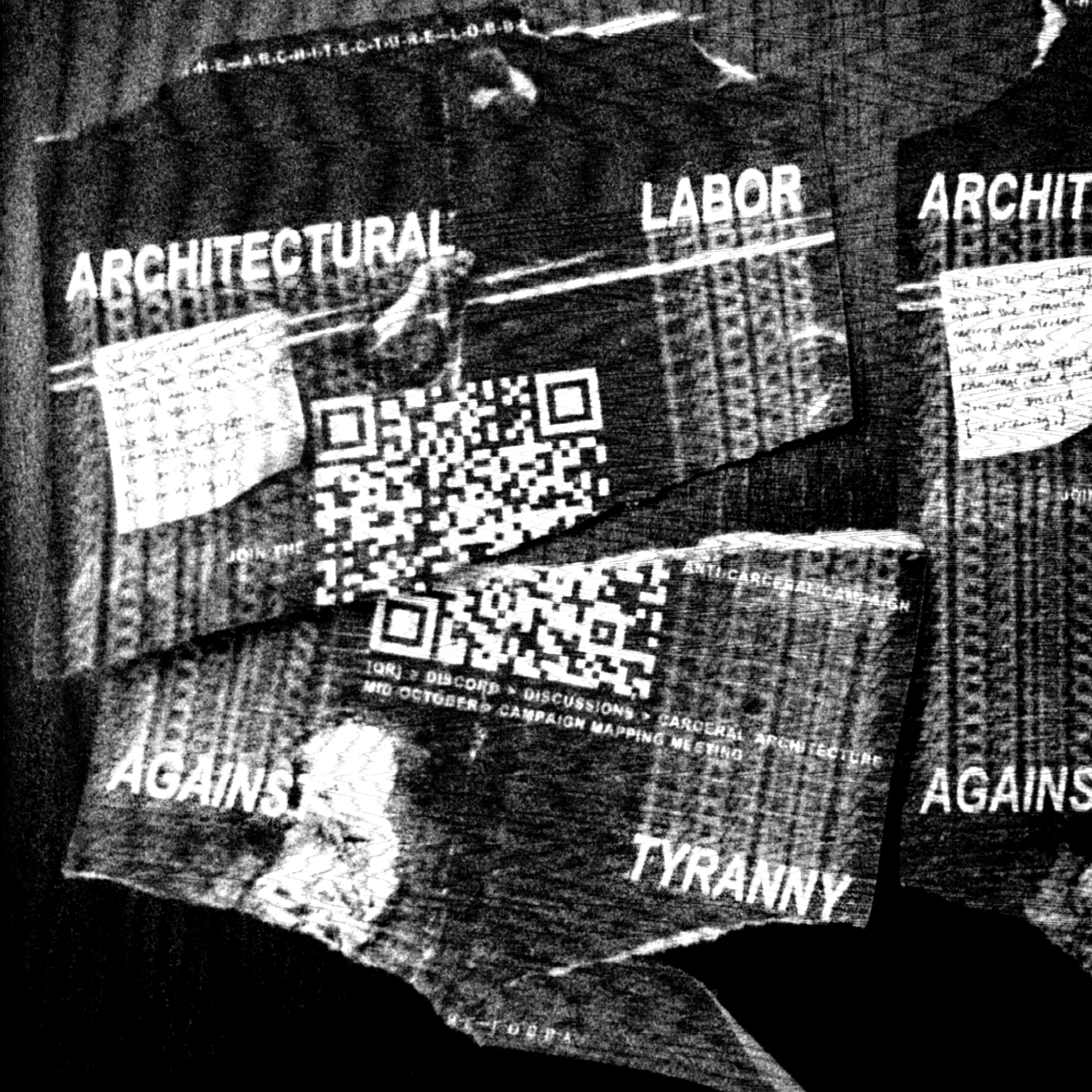The “border wall” has been a key element of President Trump’s speeches since the beginning of his campaign, but how would such a barrier, combined with the administration’s immigration policies, impact the architecture and construction industries? Artists, architects, labor experts, immigration advocates and contractors will discuss their understanding of the implications of this administration’s policies on our built environment.
Panel 1: The Border Panel – Moderator: James Heard
Ronald Rael, Ana Teresa Fernandez, Ane Gonzalez Lara
Panel 2: The Immigration Panel – Moderator: Neeraj Bhatia
Carlos Martin, Cesar Lopez, Mabel Wilson
Panel 3: The Labor Panel – Moderator: Irene Cheng
Carlos Porras, Margie O’Driscoll, Nathan Friedman
Full Group Discussion – Moderators: Ashton Hamm & Peggy Deamer
Discussion among all panelists




